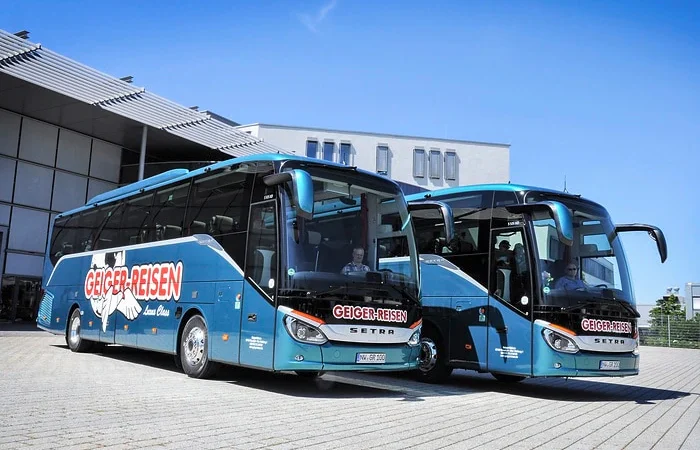Just a day ahead of when Kelowna area bus drivers are expected to walk off the job the company is stepping beyond the bargaining table and offering details on what’s on offer to the union.

“Kelowna, like the rest of B.C. and Canada, is facing significant economic challenges as we emerge from the COVID-19 pandemic. We have all seen and experienced the impact of factors such as inflation and increasing costs it can bring right across the economy,” First Transit said in a statement.
“That is why First Transit proposed a three-year settlement, with total wage increases of up to nine per cent over three years. This includes COLA-related adjustments in years two and three.”
While ATU representatives won’t say how much they are asking for, they did say the nine per cent proposed increase over three years is not enough.
‘The cost of living just this year is 9 per cent so that doesn’t bring us to parity with other tier one properties in B.C.,” said Darrah Teitel, labour organizer with ATU. “And it isn’t enough to keep people in B.C. from quitting, which is really the problem being downloaded onto the public right now.”
Teitel said that public transit drivers in other parts of B.C., including Victoria and Metro Vancouver, make five to $10 per hour more than drivers in the Central Okanagan.
“Our drivers have no incentive to stay in one of the most expensive cities in Canada,” she said.
“They don’t have pensions, they can’t save for retirement in these jobs. The cost of living in Kelowna is huge and they’re being priced out of the market.”
The company, which said it didn’t want to bargain in the media, sent out a press release Tuesday outlining the offer and noting that this wage proposal, if taken, would mean that Kelowna transit workers will have seen wage increases in aggregate of approximately 24 per cent over the last 12 years.
“We have proposed adding 13 full-time operator positions with benefits packages to the bargaining unit – representing an increase of 11 per cent to the full-time workforce serving Kelowna,” the company said.
But Teitel said those 13 positions isn’t something the company decided to add on its own but rather something the union made happen.
“Those 13 positions are something that this union has negotiated very hard into the contract over the last eight months. We had to make concessions for it. We had to bargain for it. It was our idea,” said Teitel. “I think it’s disingenuous for First Transit to try and claim it as a gift that they have given the people of Kelowna, when that is something we’ve had to fight pretty hard for.”
“While ATU Local 1722 has the right to its own bargaining position, First Transit feels strongly these elements are all part of a comprehensive and sustainable offer that balances the needs of all stakeholders in Kelowna’s transit system with our desire to ensure we are able to continue to attract and retain skilled and talented workers.”
The company said its team of negotiators remains ready to sit down and engage in constructive collective bargaining with ATU Local 1722 representatives.
The company said they remain hopeful that they can reach a negotiated solution prior to this deadline, but are making preparations for escalating strike action.
The City of Kelowna is anticipating that there will be a surge in traffic if transit walkers walk off the job and are taking some measures to address potential congestion.
Mac Logan, general manager of infrastructure with the City of Kelowna, said city workers will be monitoring things like traffic and traffic lights, to see if there are any major changes.
They will also be watching to see if there are new parking issues, particularly around the hospital, Okanagan College and UBC Okanagan.
“We’re expecting that some individuals that have the option will either be carpooling or choose to drive their vehicle at a park at work or at school,” he said.
“So we can in response to a change in traffic congestion make some temporary changes to traffic signal light plans. And we’re also looking at changes that we can make to parking restrictions in the vicinity of some of the major employment and education locations.”
Logan said the city is concerned about how seniors will be affected, as well.
“The HandyDART service is very essential for certain members of the public and HandyDART has been deemed to be essential but the service will be fairly limited,” he said.
Medical appointments, such as kidney dialysis and cancer treatments, will carry on but Logan said that there are many others who rely on the service to simply get around, go shopping or have social programs.
Volunteer organizations are gearing up to help in that regard, and the city is trying to help facilitate that connection. People who call the city, may be able to get routed to someone who can help.


